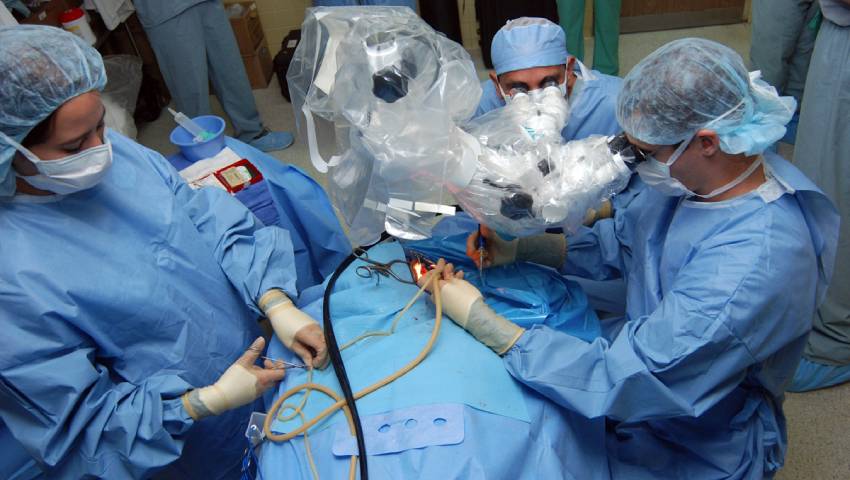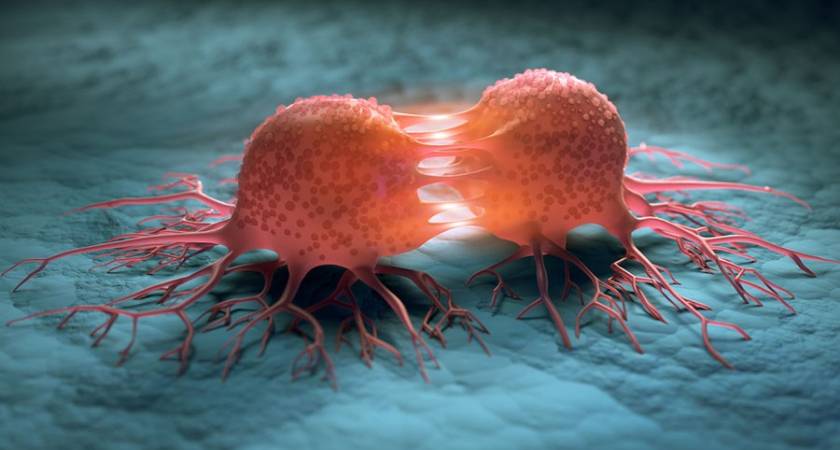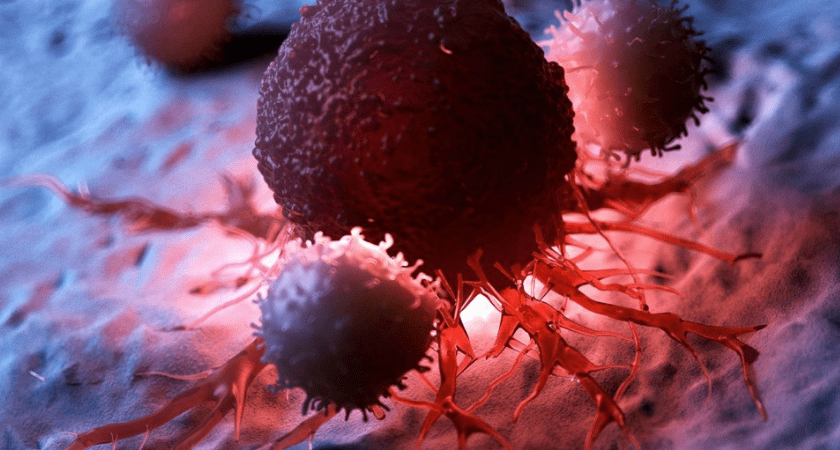If you or someone you love has recently undergone cancer surgery, it’s important to know that there is life after treatment. While it can be a challenging journey, it’s also an opportunity to embrace new possibilities and plan for the future.
Dr. Lalit Banswal, the best cancer surgeon in Pune, has helped countless patients navigate this process at the Precision Plus Superspeciality Hospital in Undri, Pune. He understands that the journey to recovery can be challenging, and also knows that there are many resources available to help patients move forward and live full and happy life after cancer.
Here are some tips for planning for the future and embracing new possibilities after cancer surgery:
- Focus on Your Physical Health: One of the most important things you can do after cancer surgery is to focus on your physical health. This means eating a healthy diet, exercising regularly, and getting enough rest. Your body needs time to heal, so be patient and take things slowly. Dr. Lalit Banswal can guide how to manage your physical recovery and any side effects from treatment.
- Take Care of Your Mental Health: Cancer surgery can take a toll on your mental health as well. It’s normal to feel anxious or depressed, and it’s important to seek support if you’re struggling. Consider joining a support group or talking to a therapist. Dr. Lalit Banswal can also help you connect with resources to support your mental health.
- Set Realistic Goals: After cancer surgery, it’s important to set realistic goals for yourself. Don’t try to do too much too soon and focus on things that are meaningful to you. This might include spending time with loved ones, pursuing hobbies or interests, or volunteering in your community. Dr. Lalit Banswal can help you develop a plan to achieve your goals and live a fulfilling life after cancer.
- Maintain a Positive Attitude: Finally, it’s important to maintain a positive attitude throughout your recovery. This can be difficult, but it can also be incredibly empowering. Focus on the things that bring you joy and try to stay optimistic about the future. With the right mindset and support, you can overcome any challenges and embrace new possibilities after cancer surgery.
If you or a loved one is undergoing cancer surgery, know that there is life after treatment. With the help of Dr. Lalit Banswal, the best cancer surgeon in Pune, you can plan and embrace new possibilities. Focus on your physical and mental health, set realistic goals, and maintain a positive attitude. With time and patience, you can live a happy life after cancer.





